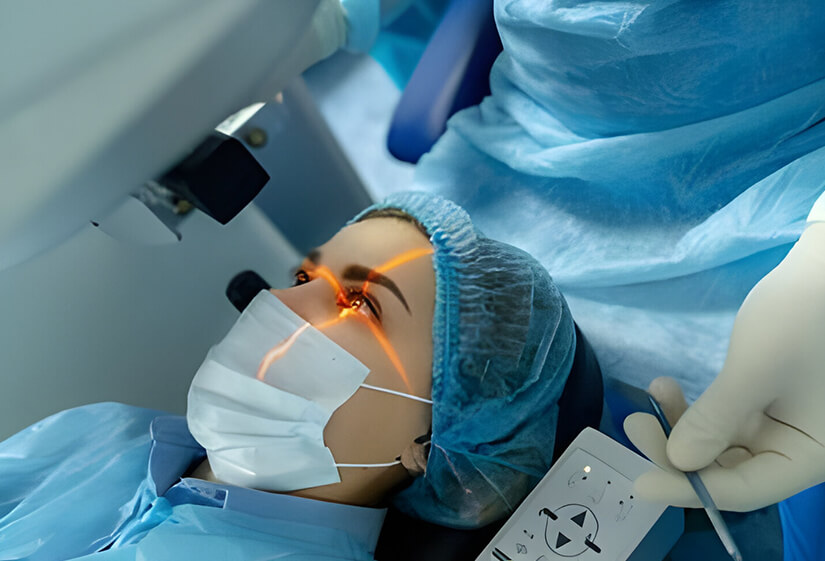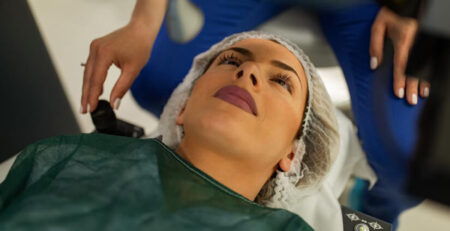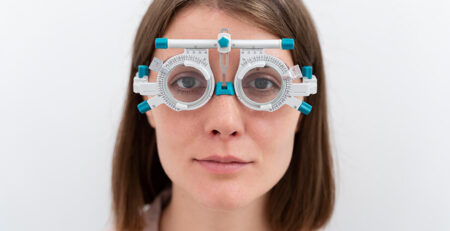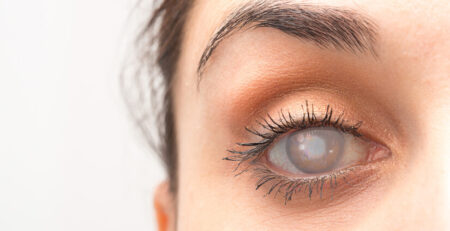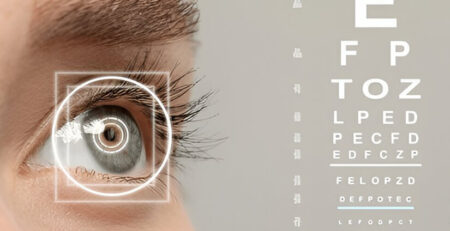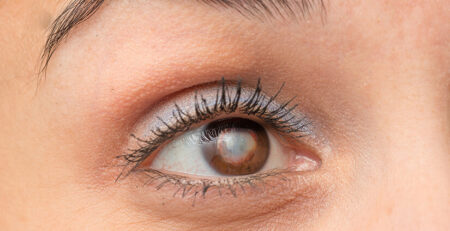Best Lens for Cataract Surgery
Cataract eye surgery is a procedure that is performed to remove the natural lens of the eye when it gets clouded and replace it with an artificial lens, known as an intraocular lens (IOL). When it comes to choosing the best lens for cataract surgery, there is no one-size-fits-all answer. The “best” lens depends on the individual’s specific vision needs, lifestyle,eye condition and the professional recommendation of their eye specialist. In this blog, we will explore the various types of intraocular lenses available in India, discussing their features, objectives, and benefits to help guide those preparing for cataract eye surgery.
Types of Intraocular Lenses Available in India
1- Monofocal Lenses
Features: Monofocal lenses have a single focus point and are set to provide clear vision at one distance (usually far). Patients may still require glasses for near tasks or reading.
Objectives: To provide high-quality distance vision.
Benefits: Monofocal lenses are usually covered by insurance and are less expensive than more advanced lenses. They offer excellent clarity for distance vision tasks like driving.
2- Multifocal Lenses
Features: These lenses have multiple zones set at different powers to allow for clear vision at varying distances, from near to far.
Objectives: To reduce or eliminate the need for glasses or contact lenses after cataract eye surgery.
Benefits: Multifocal lenses can greatly decrease dependence on corrective eyewear and are ideal for patients who wish to be glasses-free.However, they may not be suited in a small subset of patients.
3- Toric Lenses
Features: Designed for patients with astigmatism, toric lenses come with various powers in different meridians of the lens. This helps to correct the uneven curvature of the cornea or lens in the eye.
Objectives: To provide clear vision by correcting astigmatism and enhancing overall vision quality.
Benefits: Toric IOLs offer precise astigmatism correction, which standard lenses do not, potentially eliminating the need for corrective eyewear for distance.
4- Extended Depth of Focus (EDOF) Lenses
Features: EDOF lenses create a single elongated focal point to enhance the range of vision from near to intermediate and far distances.
Objectives: To provide a continuous range of high-quality vision for patients with active lifestyles who require visuals at multiple distances.
Benefits: These intraocular lenses are designed to limit glare and halos around lights at night more effectively than multifocal lenses, and providing a smoother transition between different focus points.
5- Accommodative Lenses
Features: These lenses are designed to move or change shape inside the eye, allowing focusing at multiple distances.
Objectives: To mimic the natural focusing ability of the eye, adjusting to different visual demands.
Benefits: Accommodative lenses can provide a more natural range of vision to reduce dependence on glasses, although the degree of accommodation may decrease over time.
The Take Away
The right intraocular lens for cataract surgery must be chosen after carefully considering your visual needs, medical history, and lifestyle preferences. It’s crucial to discuss all available options with a qualified eye specialist in Delhi or wherever you may be located. The ideal lens for you will depend on balancing your vision goals with what is technically achievable and medically advisable.
If you are planning to undergo cataract eye surgery, consult with Dr Anisha Gupta, an experienced eye specialist in Delhi who can guide you through the process of selecting the best-suited lens for your eyes. By understanding the different lenses available and how they align with your vision needs, you are prepared to enhance your quality of life post-surgery.

